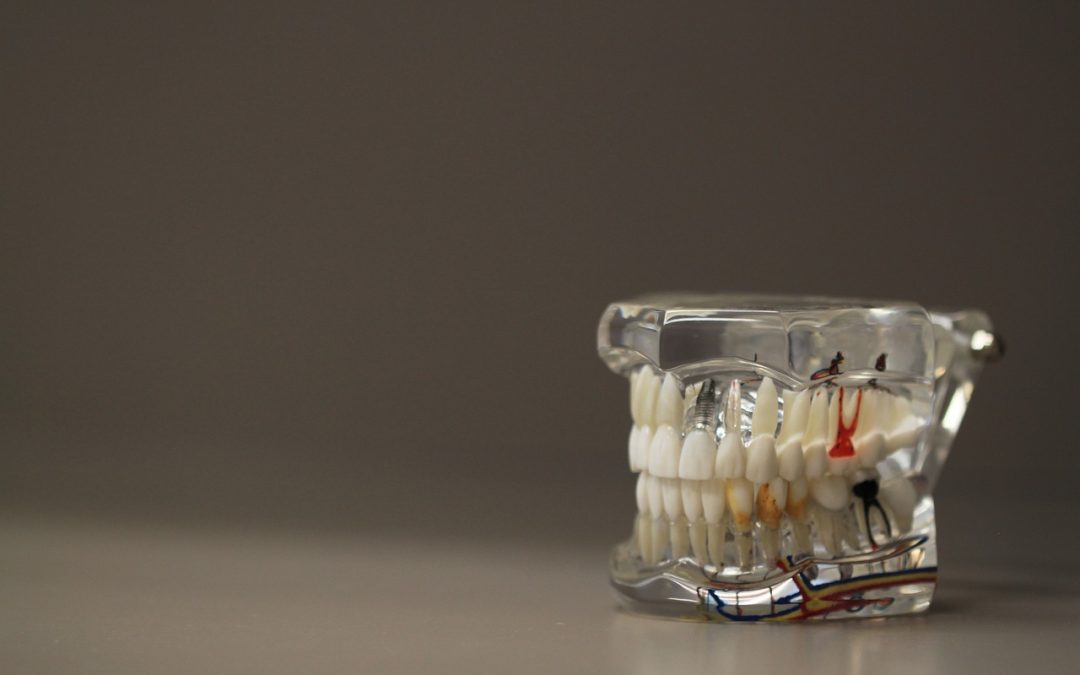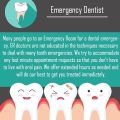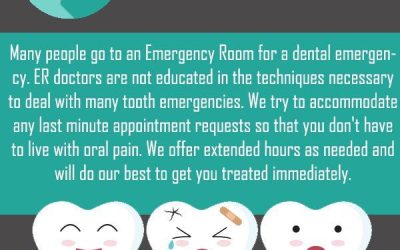Got a sudden jolt of pain while sipping your hot coffee or biting into an ice cream? No need to worry, we’re here to shed light on the dreaded issue of severe tooth sensitivity. Whether it’s a sharp, fleeting sensation or a dull ache that lingers, tooth sensitivity can be a real buzzkill. In this article, you’ll uncover the causes behind this discomfort, discover effective remedies, and learn how to protect your pearly whites from future sensitivity woes. So, grab your warm drink or chilled treat and let’s dive into the world of severe tooth sensitivity.
Causes of Severe Tooth Sensitivity
Tooth Decay
Tooth decay, also known as dental caries or cavities, is one of the leading causes of severe tooth sensitivity. When tooth decay occurs, the enamel of the tooth becomes weakened and starts to erode, exposing the sensitive inner layers of the tooth. This exposure can result in extreme tooth sensitivity, making it painful to eat or drink hot, cold, sweet, or sour foods and beverages.
Gum Disease
Gum disease, also referred to as periodontal disease, is another common cause of severe tooth sensitivity. When gum disease develops, the gums become inflamed and start to recede, exposing the roots of the teeth. These exposed roots are extremely sensitive and can cause severe pain and discomfort when exposed to hot, cold, or acidic foods and drinks.
Exposed Dentin
Dentin is the layer of the tooth that lies beneath the enamel. When the enamel is worn down or damaged due to factors like tooth grinding, aggressive tooth brushing, or acidic foods and beverages, the dentin can become exposed. The dentin contains microscopic tubules that connect to the nerves of the tooth, allowing for sensations like heat, cold, and pressure to be felt. When dentin is exposed, it can lead to severe tooth sensitivity.
Cracked Tooth Syndrome
Cracked tooth syndrome refers to the condition in which a tooth has a crack or fracture that extends into the inner layers of the tooth. This can happen due to various reasons such as trauma, grinding, or biting into hard objects. When a tooth is cracked, it can cause severe sensitivity as the crack exposes the nerves within the tooth. The pain can be triggered by biting pressure or temperature changes, making it a significant cause of severe tooth sensitivity.
Risk Factors for Severe Tooth Sensitivity
Poor Oral Hygiene
Neglecting proper oral hygiene practices such as brushing and flossing regularly can increase the risk of severe tooth sensitivity. When plaque and bacteria build up on the teeth and gums, it can lead to tooth decay and gum disease, which are known causes of tooth sensitivity. Maintaining good oral hygiene is crucial in preventing and reducing the risk of severe tooth sensitivity.
Gingival Recession
Gingival recession, also known as receding gums, occurs when the gum tissue pulls away from the tooth, exposing the roots. This can happen due to factors such as gum disease, aggressive brushing, or aging. When the roots of the teeth are exposed, they become susceptible to severe tooth sensitivity. People with gingival recession are more likely to experience heightened sensitivity to hot, cold, sweet, and sour foods.
Tooth Grinding
Bruxism, commonly known as tooth grinding or clenching, can contribute to severe tooth sensitivity. The excessive force and friction exerted on the teeth during grinding can wear down the enamel and expose the underlying dentin, resulting in sensitive teeth. Additionally, tooth grinding can also lead to cracked teeth, which further increases the sensitivity. Wearing a nightguard or seeking treatment for bruxism can help alleviate tooth sensitivity caused by tooth grinding.
Acidic Diet
Consuming an acidic diet that includes foods and beverages high in acid content can erode the enamel of the teeth, leading to severe tooth sensitivity. Acidic substances can weaken the protective layer of the teeth, making them more susceptible to pain and sensitivity. Some common acidic foods and drinks include citrus fruits, soda, sports drinks, and vinegar-based dressings. Limiting the consumption of acidic foods and drinks can help prevent or reduce tooth sensitivity.
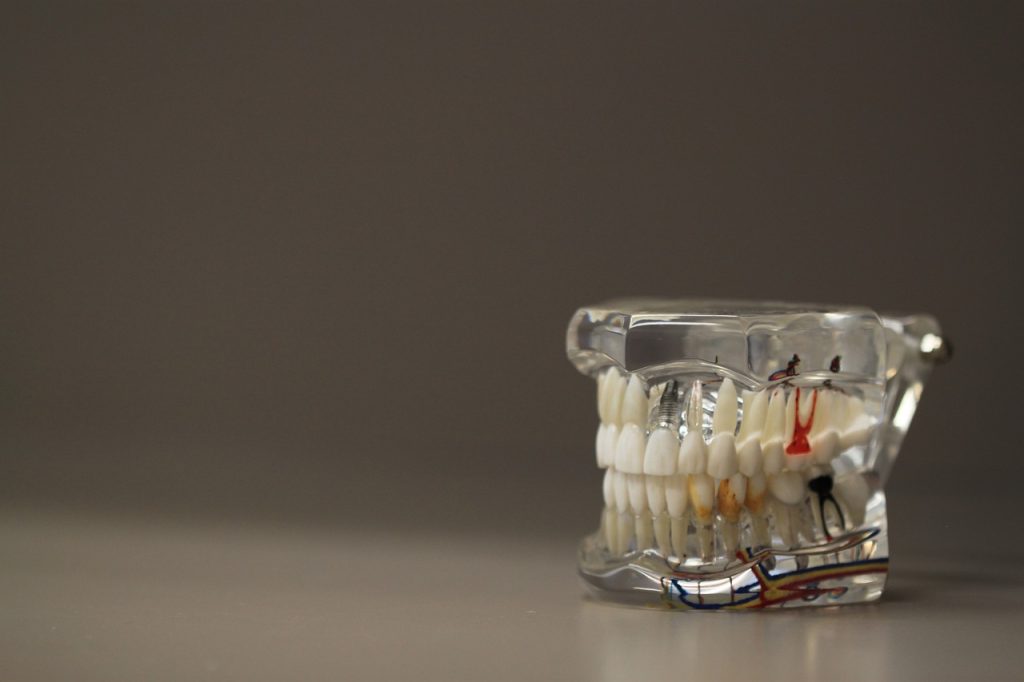
Symptoms of Severe Tooth Sensitivity
Sharp, shooting pain
One of the most common symptoms of severe tooth sensitivity is a sharp, shooting pain that occurs when the teeth are exposed to certain stimuli. This pain can be intense and debilitating, making it difficult to enjoy eating or drinking. It is often triggered by hot or cold temperatures and can radiate throughout the affected tooth and surrounding areas.
Tooth pain while consuming hot or cold foods/drinks
Severe tooth sensitivity is often characterized by pain or discomfort while consuming hot or cold foods and drinks. Even a sip of a cold beverage or a bite of hot food can cause an immediate jolt of pain that can last for several minutes. This symptom can significantly impact one’s ability to enjoy a wide range of foods and beverages.
Increased tooth sensitivity to sweet or sour foods
Severe tooth sensitivity can also lead to heightened sensitivity when consuming sweet or sour foods. Fruits, candies, or beverages with high sugar or acid content can trigger an intense reaction, causing discomfort or pain. This can make it challenging to indulge in favorite treats or acidic drinks without experiencing significant discomfort.
Pain when brushing or flossing
Another symptom of severe tooth sensitivity is pain or discomfort when brushing or flossing. The act of brushing or flossing can cause the exposed dentin or sensitive roots to become agitated, resulting in a sharp or throbbing pain. This can make maintaining good oral hygiene a challenging and uncomfortable task.
Diagnosing Severe Tooth Sensitivity
Dental Examination
To diagnose severe tooth sensitivity, a dental examination is typically conducted by a dentist. The dentist will visually inspect the teeth and gums for any visible signs of decay, gum disease, or enamel erosion. They will also inquire about the patient’s symptoms and medical history to gain a better understanding of the underlying causes of the sensitivity.
X-rays
X-rays may be taken during the dental examination to evaluate the underlying structures of the teeth, including the roots and jawbone. This can help identify any issues such as tooth decay, cracked teeth, or bone loss that may be contributing to severe tooth sensitivity.
Sensitivity Testing
Sensitivity testing involves applying a cold or hot stimulus to the teeth to assess the level of sensitivity. This test helps determine the specific triggers and severity of the tooth sensitivity, allowing the dentist to provide appropriate treatment recommendations.
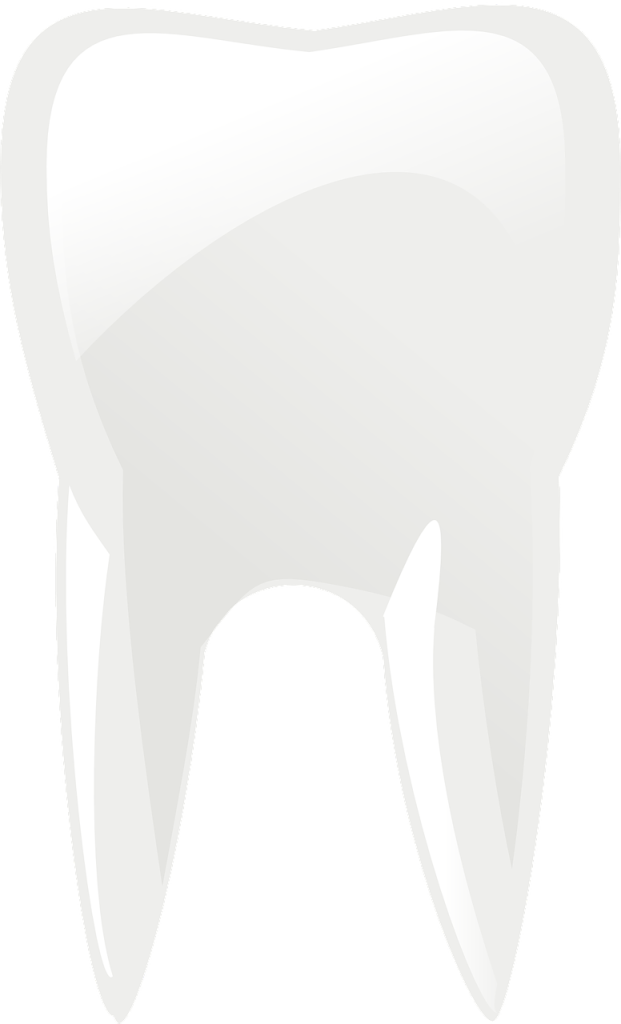
Treatment Options for Severe Tooth Sensitivity
Desensitizing Toothpaste
Desensitizing toothpaste contains compounds that help block the transmission of sensation from the tooth surface to the nerves, reducing tooth sensitivity. These toothpastes typically contain ingredients such as potassium nitrate or strontium chloride. Regular use of desensitizing toothpaste can help alleviate tooth sensitivity over time.
Fluoride Treatment
Professional fluoride treatments can be performed by a dentist to strengthen the enamel and reduce tooth sensitivity. Fluoride helps remineralize the tooth structure, making it more resistant to acid attacks and decreasing sensitivity. These treatments involve applying a highly concentrated fluoride gel or foam to the teeth for a specified period.
Dental Sealants
Dental sealants are thin, protective coatings applied to the surfaces of the teeth, particularly the molars. They act as a barrier, sealing off the pits and fissures of the teeth and protecting them from decay and sensitivity. Dental sealants are commonly used in children and can also benefit adults with severe tooth sensitivity.
Surgical Gum Grafting
In cases where severe gum recession is causing tooth sensitivity, surgical gum grafting may be recommended. This procedure involves taking tissue from another area of the mouth, often the palate, and grafting it onto the exposed root surfaces. This helps to cover and protect the roots, reducing sensitivity.
Root Canal Therapy
If severe tooth sensitivity is caused by an infected or damaged pulp within the tooth, root canal therapy may be necessary. During this procedure, the infected or damaged pulp is removed, and the tooth is cleaned and sealed. Root canal therapy can effectively alleviate sensitivity and save the tooth from extraction.
Tooth Extraction
In rare cases where severe tooth sensitivity cannot be resolved through other treatment options, tooth extraction may be considered as a last resort. Extracting the problematic tooth can eliminate the source of pain and sensitivity. However, tooth replacement options such as dental implants or bridges should be discussed to replace the extracted tooth.
Prevention of Severe Tooth Sensitivity
Maintaining Good Oral Hygiene
Practicing good oral hygiene is crucial in preventing severe tooth sensitivity. This includes brushing the teeth twice a day with a soft-bristled toothbrush, flossing daily, and using an antimicrobial mouthwash. Good oral hygiene helps remove plaque and bacteria, reducing the risk of tooth decay and gum disease.
Avoiding Acidic Foods and Drinks
Limiting the consumption of acidic foods and drinks can help prevent enamel erosion and tooth sensitivity. Acidic substances can weaken the enamel, making the teeth more vulnerable to sensitivity. It is advisable to rinse the mouth with water after consuming acidic foods or wait for at least 30 minutes before brushing to minimize enamel erosion.
Using a Soft-Bristled Toothbrush
Using a soft-bristled toothbrush and practicing gentle brushing techniques can help prevent enamel wear and gum recession. Hard-bristled brushes or aggressive brushing can contribute to tooth sensitivity by eroding the enamel or causing gum recession. It is recommended to brush in a gentle circular motion, avoiding excessive pressure.
Using Fluoridated Toothpaste
Fluoride is known for its ability to strengthen the enamel and reduce the risk of tooth decay and sensitivity. Using a fluoridated toothpaste can help protect the teeth from acid attacks and mineral loss. It is best to choose a toothpaste that contains fluoride and has been approved by dental associations.
Regular Dental Check-ups
Regular dental check-ups are essential for maintaining oral health and preventing severe tooth sensitivity. Dentists can detect early signs of tooth decay, gum disease, or enamel erosion and provide timely treatment to prevent further damage. Routine cleanings and examinations can help keep the teeth and gums healthy, reducing the risk of tooth sensitivity.
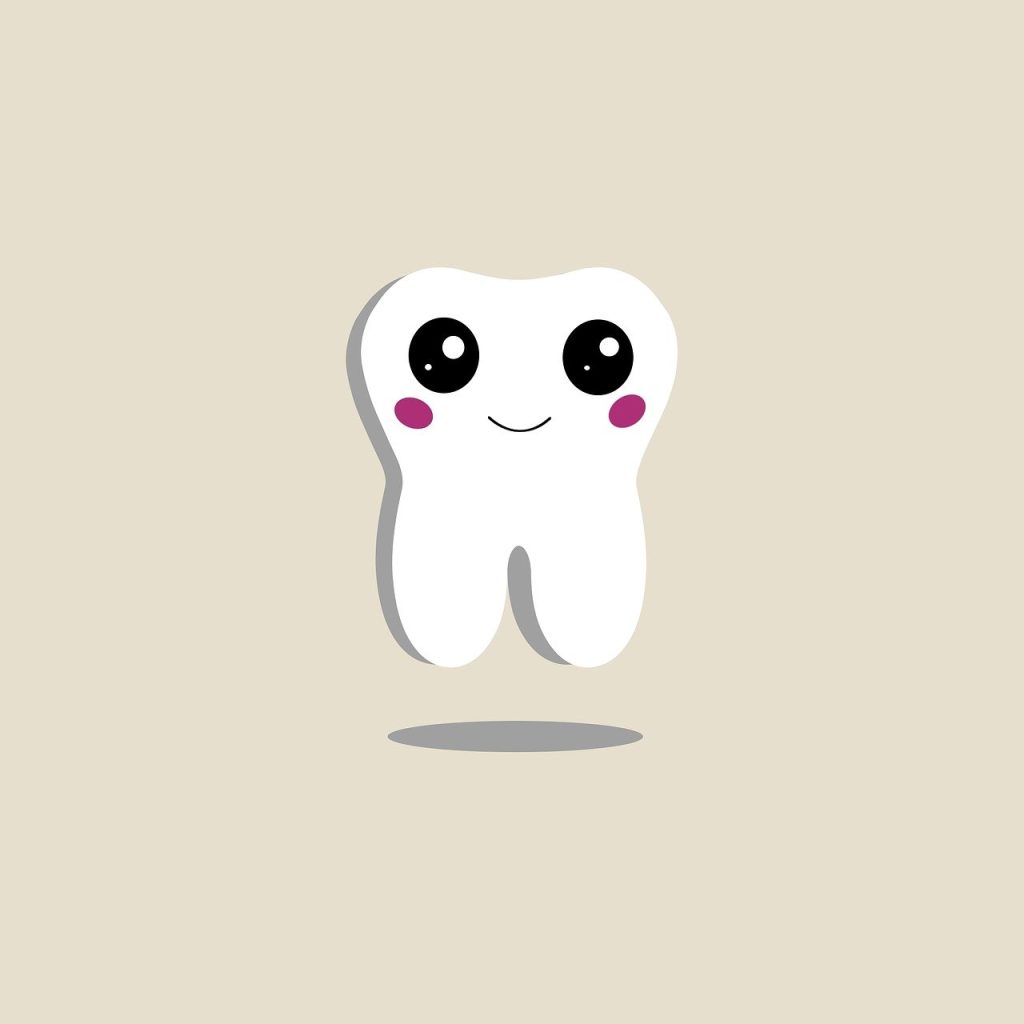
Home Remedies for Severe Tooth Sensitivity
Saltwater Rinse
Gargling with warm saltwater can help alleviate tooth sensitivity temporarily. Dissolve half a teaspoon of salt in eight ounces of warm water and swish the solution around the mouth for about 30 seconds before spitting it out. Saltwater rinse can help reduce inflammation and soothe the sensitive teeth.
Clove Oil
Clove oil has natural numbing and antibacterial properties, making it a popular home remedy for tooth sensitivity. Soaking a cotton ball in clove oil and applying it to the affected tooth or gums can provide temporary relief from pain and sensitivity. However, it is recommended to consult a dentist before using clove oil, as it may not be suitable for everyone.
Desensitizing Toothpaste
Over-the-counter desensitizing toothpaste can be used at home to manage tooth sensitivity. These toothpastes work by blocking the nerve signals that transmit pain and sensitivity. Regular use of desensitizing toothpaste can help reduce tooth sensitivity over time.
Avoiding Trigger Foods and Drinks
Identifying and avoiding foods and drinks that trigger tooth sensitivity can help manage the symptoms. Keeping a food diary and noting down any discomfort or pain experienced after consuming specific items can aid in determining the triggers. Once identified, it is advisable to minimize or avoid those triggers to prevent tooth sensitivity.
Proper Brushing and Flossing Techniques
Practicing proper brushing and flossing techniques can help prevent further enamel wear and gum recession. Using a soft-bristled toothbrush, applying gentle pressure, and using a vertical brushing motion can minimize tooth sensitivity. Flossing gently and avoiding aggressive movements near the gum line can also reduce the risk of sensitivity.
Complications of Severe Tooth Sensitivity
Increased Risk of Tooth Decay
Severe tooth sensitivity can increase the risk of tooth decay. The exposed dentin or tooth roots are vulnerable to bacteria, plaque, and acid attacks, leading to cavities and further enamel erosion. If left untreated, tooth decay can progress to more severe oral health issues, such as pulp infections and tooth loss.
Pulp Infection
Severe tooth sensitivity caused by untreated tooth decay or cracked teeth can eventually lead to pulp infections. The pulp is the innermost part of the tooth that contains nerves, blood vessels, and connective tissues. If bacteria reach the pulp, an infection can develop, causing intense pain, swelling, and even abscess formation. Root canal therapy or extraction may be necessary to treat the infection.
Tooth Loss
If severe tooth sensitivity is left untreated or not managed effectively, it can ultimately result in tooth loss. Tooth loss can occur due to extensive tooth decay, gum disease, or severe damage to the tooth structure. Losing a tooth can affect oral function, aesthetics, and overall quality of life. Prompt treatment and preventive measures are essential to avoid tooth loss.
Chronic Dental Pain
Severe tooth sensitivity can cause chronic dental pain, which can have a significant impact on daily life. Constant pain and discomfort can affect one’s ability to eat, speak, and carry out routine activities. It can also lead to feelings of frustration, stress, and anxiety. Seeking timely treatment and adopting preventive measures can help alleviate chronic dental pain associated with tooth sensitivity.
When to See a Dentist
Persistent Tooth Sensitivity
If tooth sensitivity persists and does not improve despite implementing home remedies or desensitizing toothpaste, it is advisable to see a dentist. Persistent sensitivity may indicate an underlying dental issue that requires professional treatment.
Worsening of Symptoms
If the severity of tooth sensitivity increases over time or if the pain becomes unbearable, it is crucial to seek dental attention promptly. Worsening symptoms may indicate advanced decay, gum disease, or other complications that require immediate treatment.
Visible Dental Damage
If visible signs of dental damage, such as cracks, chips, or discoloration, are present along with severe tooth sensitivity, it is essential to see a dentist. Visible damage may indicate structural issues that need to be addressed to alleviate the sensitivity and prevent further damage.
Conclusion
Severe tooth sensitivity can significantly impact one’s quality of life, making it challenging to enjoy food and beverages without experiencing pain or discomfort. Understanding the causes, risk factors, symptoms, and treatment options for severe tooth sensitivity is crucial in managing and preventing this condition. By maintaining good oral hygiene, avoiding acidic foods and drinks, and seeking timely dental care, it is possible to alleviate tooth sensitivity and enjoy a pain-free smile. Remember, if you experience persistent or worsening tooth sensitivity, it is always best to consult a dentist for a proper diagnosis and treatment.

